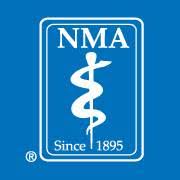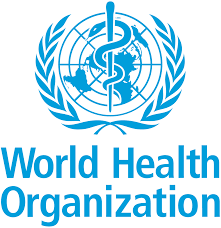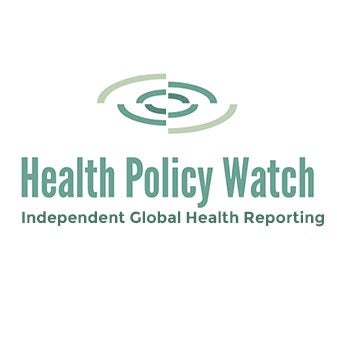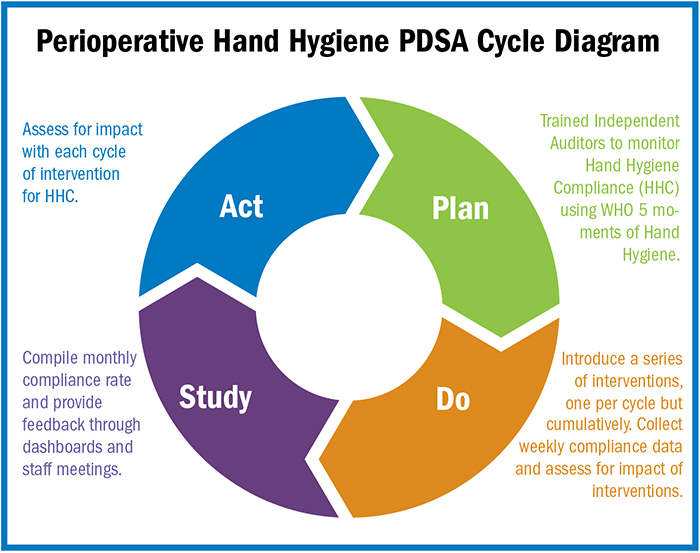
Editor's Note Medical and scientific groups across the US and abroad swiftly pushed back against President Donald Trump’s September 22 announcement that acetaminophen use in pregnancy may cause autism, with experts warning the claims are unsupported and potentially harmful. Trump, joined by HHS Secretary Robert F Kennedy Jr, also suggested…

Editor's Note Surgical quality leaders are pushing boundaries with new strategies that blend technology, frontline engagement, and national-local collaboration. That was the message from the American College of Surgeons (ACS) Quality and Safety Conference (QSC), held July 17–20, 2025, in San Diego, according to a September 10 ACS report. The…

Editor's Note The global nursing workforce has expanded to 29.8 million, up from 27.9 million in 2018, but stark disparities in nurse distribution threaten progress toward universal health coverage and global health security, according to a May 12 World Health Organization (WHO) news release announcing the State of the World’s…

Editor's Note The World Health Organization (WHO) and the Society of Robotic Surgery (SRS) have launched a joint initiative to expand equitable access to virtual care and telesurgery, according to a WHO departmental update published August 8. The partnership, formalized in July at the SRS Annual Meeting in Strasbourg, France,…

Editor's Note On this National Time Out Day, perioperative leaders are being called to reinvigorate the time-out process to combat complacency and reduce adverse events. Despite decades of safety initiatives, the adverse event rate in surgical care remains high—38% of perioperative cases, with nearly half tied directly to surgical procedures,…

Editor's Note Wrong-site surgeries are on the rise, and insufficient surgical time outs are a key contributor, according to new data highlighted by AORN on June 10 in honor of this year’s National Time Out Day on June 11. Based on The Joint Commission’s Sentinel Event Data 2023 Annual Review,…

Editor's Note Wealthy nations continue to draw nurses from poorer countries, worsening fragile healthcare systems and deepening global inequities, according to the newly released State of the World’s Nursing 2025 report from the World Health Organization (WHO) and International Council of Nurses (ICN). As detailed in a May 12 article…

Editor’s Note Tertiary hospitals are embracing the World Health Organization (WHO) Surgical Safety Checklist (SSC), yet inconsistent compliance—especially during time-out—exposes patients to avoidable risks, Cureus April 29 reports. In this study, the researchers found that while overall integration of the SSC is promising, there were compliance gaps particularly in pre-incision…

In the OR, precision and focus can mean the difference between life and death. However, surgical patient outcomes hinge on more than the competence of those working in these inherently intense environments. Every procedure also depends on the laborious, behind-the-scenes efforts of the people responsible for ensuring every surgical instrument…

It is often said that small actions lead to big results. This so happens to be the case with hand hygiene compliance (HHC) in healthcare. Imagine a simple act, like washing hands, cutting infection rates by half—hospital-acquired infections (HAIs) and surgical site infections being reduced simply by improving handwashing behaviors.…